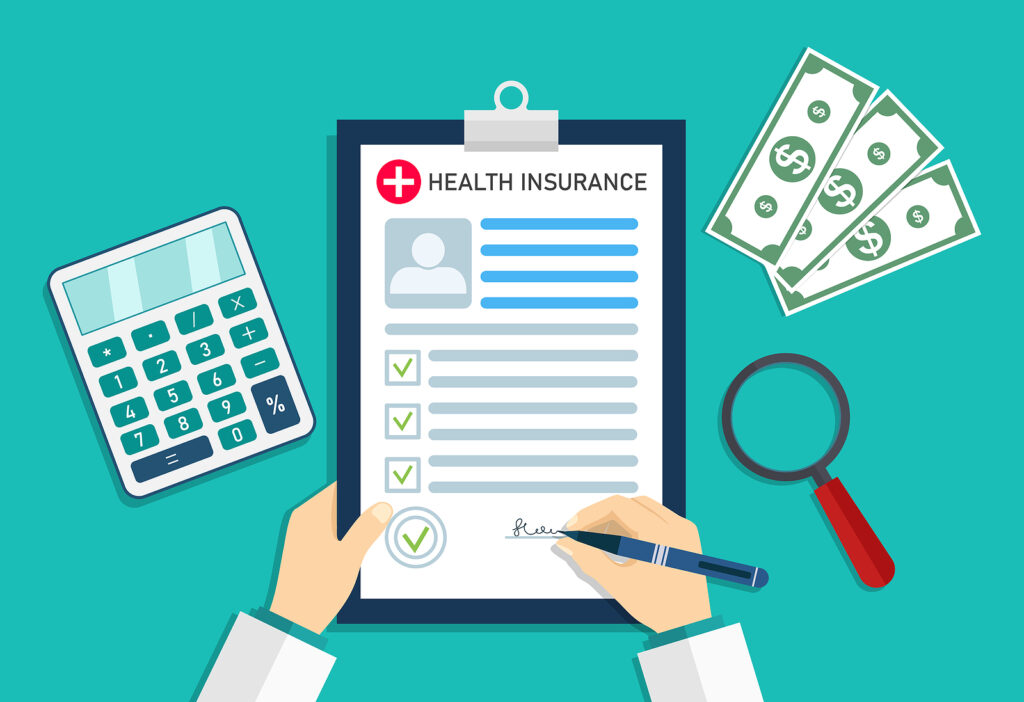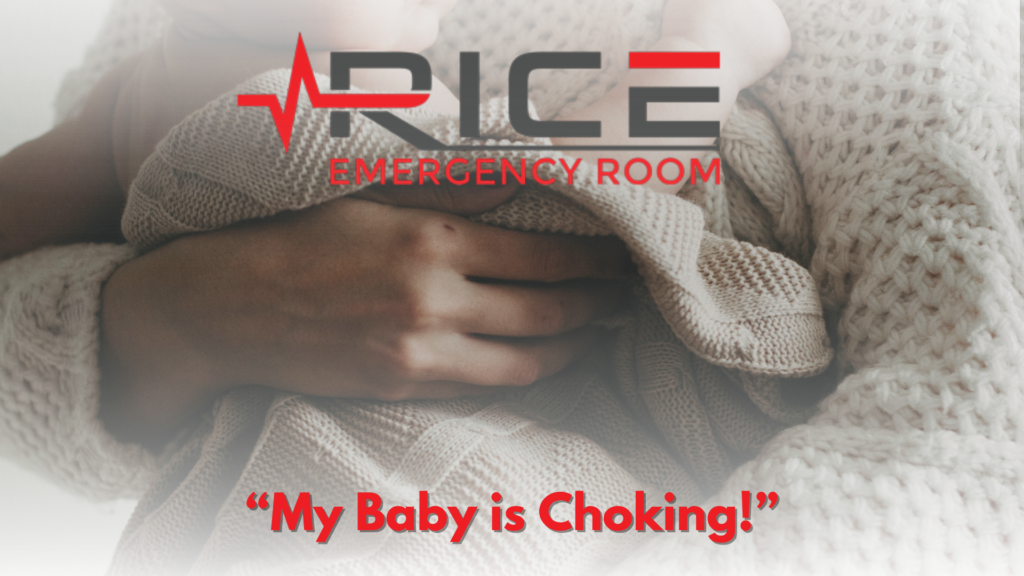The Prudent Lay Person Standard is defined as a patient’s right to decide whether or not a medical condition is a medical emergency. If you or a family member have a medical emergency that requires immediate attention, you should visit the emergency room. Your care should be covered by your health insurance plan if, based on your symptoms, you decide that going to a hospital or specialty emergency room is required.
What is a Medical Emergency?
The American College of Emergency Physicians (ACEP) established the following definition of emergency medicine as its official policy statement in 1994:
Emergency services are those health care services provided to evaluate and treat medical conditions of recent onset and severity that would lead a prudent layperson, possessing an average knowledge of medicine and health, to believe that urgent and/or unscheduled care is required. (TAFEC)
Prudent Lay Person Standard
Along with the Emergency Medical Treatment and Labor Act (EMTALA), which guarantees that everyone can receive emergency care regardless of insurance status or ability to pay, the Prudent Layperson Standard is a component of federal law that offers significant patient protection. It also serves as one of the foundational principles of emergency medicine.
According to the Prudent Layperson Standard, insurance providers must offer to reimburse for emergency care coverage based on symptoms rather than the ultimate diagnosis. It is crucial to make this distinction because 90 percent of urgent and nonurgent symptoms overlap. In many circumstances, doctors cannot determine whether your symptoms call for immediate medical attention without performing a physical examination and other tests. Only 3% of emergency visits are deemed “nonurgent,” according to the Centers for Disease Control and Prevention (CDC). (Emergency Physicians)
According to a survey by the American College of Emergency Physicians (ACEP) nearly half (45%) of adults are unaware that if they have a reasonable belief that they are experiencing a medical emergency, their health insurer is required to pay for their visit to the emergency room. This percentage is dangerously high, especially considering the results of a recent survey that nearly 7 out of 10 people are worried that their insurance company will deny them coverage if they go to the emergency room.
The ACEP spearheads national initiatives to improve patient safety measures in emergency rooms, including recent efforts to persuade one of the biggest insurance providers to drop its threat to reject coverage for emergency care retroactively. (Emergency Physicians)
According to the Texas Department of Insurance, insurance providers must compensate emergency rooms “at the insured’s in-network benefit level” for all treatments. The Patient Protection and Affordable Care Act also established several patient protections that mandate health plans that cover emergency services must do so without the need for prior authorization, regardless of whether the provider is a participating one or not, at the in-network level.
In addition, health plans are expected to cover emergency visits for patients who, according to the average layman (person), believe their health is in danger. Insurance companies are not permitted to use a claim’s payment for an emergency department visit toward out-of-network benefits, regardless of the final diagnosis. (TAFEC)
Insurance Companies and Your Medical Claim
Despite the aforementioned laws, some insurance companies refuse to honor claims or pay the proper amounts for emergency services as specified by Section 1301.155. Although the overall cost of the visit is equivalent to that of a conventional hospital ER, FECs (Freestanding Emergency Centers) have a different claim processing procedure. The “prudent layman” requirement for emergency care provided in an FEC environment is not being upheld by health plans. The laws passed by Texas’ elected leaders must be enforced against health plans. To maintain uniformity for emergency care providers and to safeguard patients from overbilling, the practice of granting reduced reimbursement rates for FECs must be stopped. (TAFEC)
In a medical situation requiring immediate assistance for traumatic injuries or emergencies, one should not have to worry about the insurance and visit the ER without any insurance trouble or surprise medical billing.
Rice Emergency Room “No Surprise” Billing
We want you to have confidence when coming to Rice Emergency Room that your insurance will pay your medical claim. We work closely with your insurance company to be sure the claim is processed correctly and within applicable laws regarding emergency medicine. That is why we offer our “No Surprise Billing” policy. It’s our promise to you that we will work for you, our patient, in creating fair and transparent billing for medical services provided in our facility. No surprise bills after your insurance company pays their part. You can be confident that your emergency care and your family are our focus.
Works Cited
What Constitutes a Medical Emergency? – TAFEC. www.tafec.org/assets/docs/TAFEC_PrudentLayperson.pdf.
“Prudent Layperson Standard.” EmergencyPhysicians.org, www.emergencyphysicians.org/article/access/prudent-layperson-standard#:~:text=The%20Prudent%20Layperson%20Standard%20is,regardless%20of%20insurance%20status%20or.




